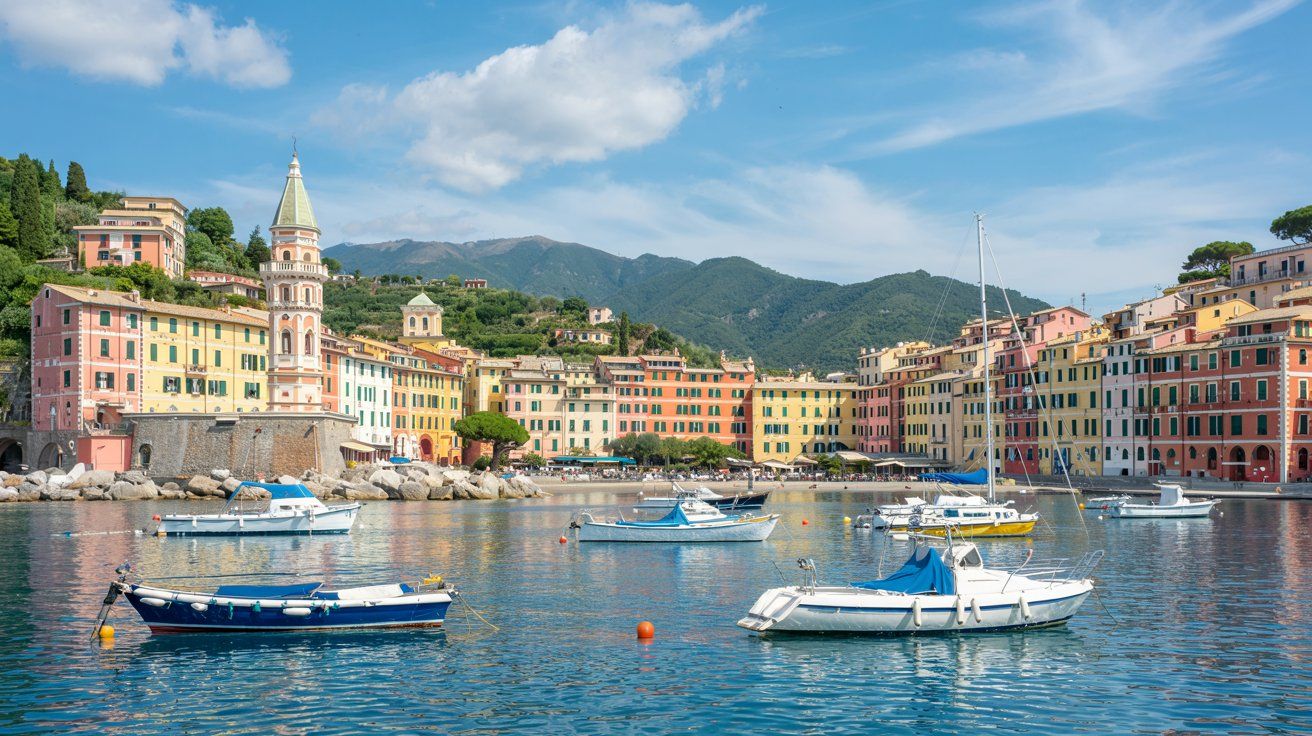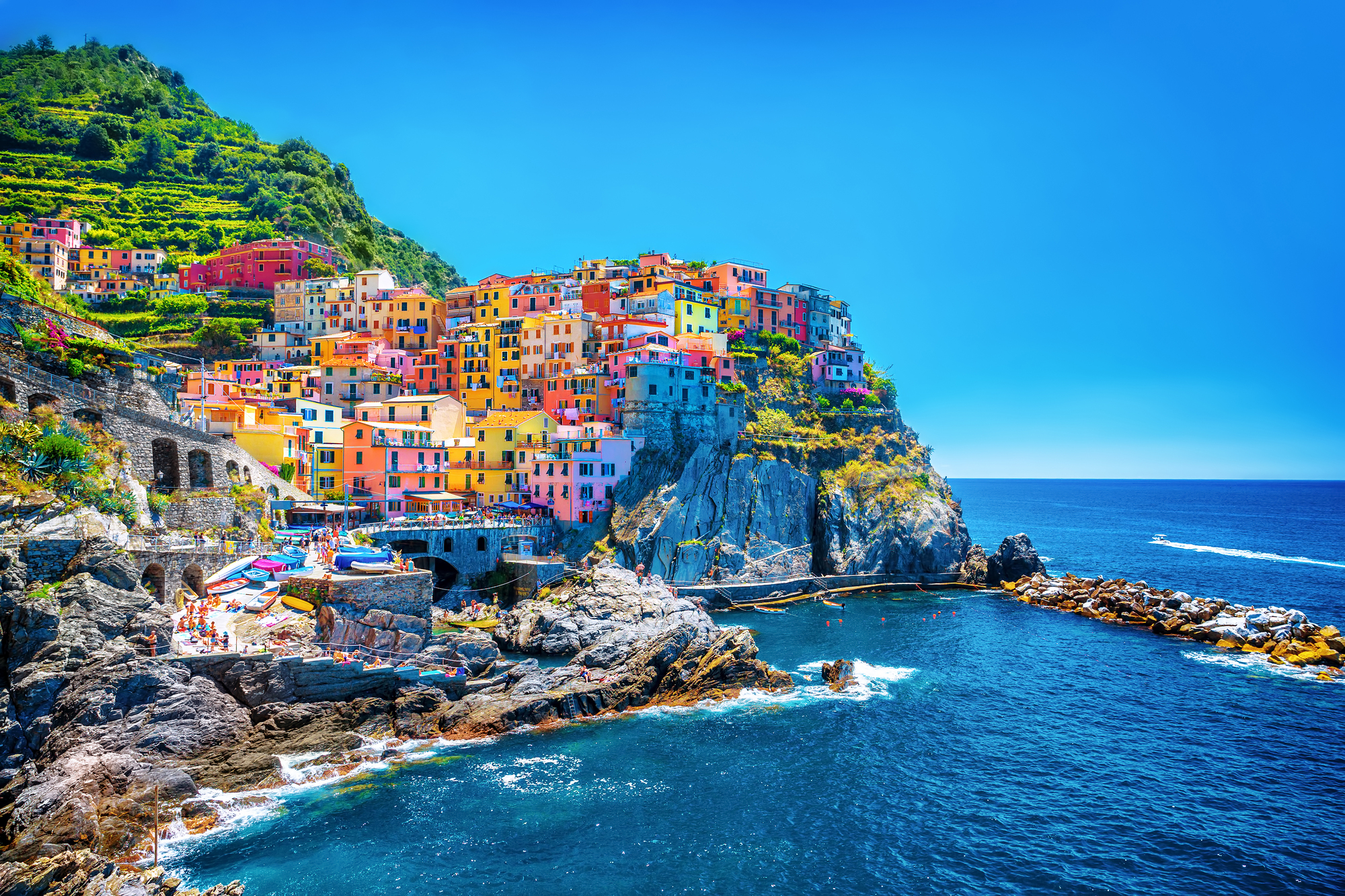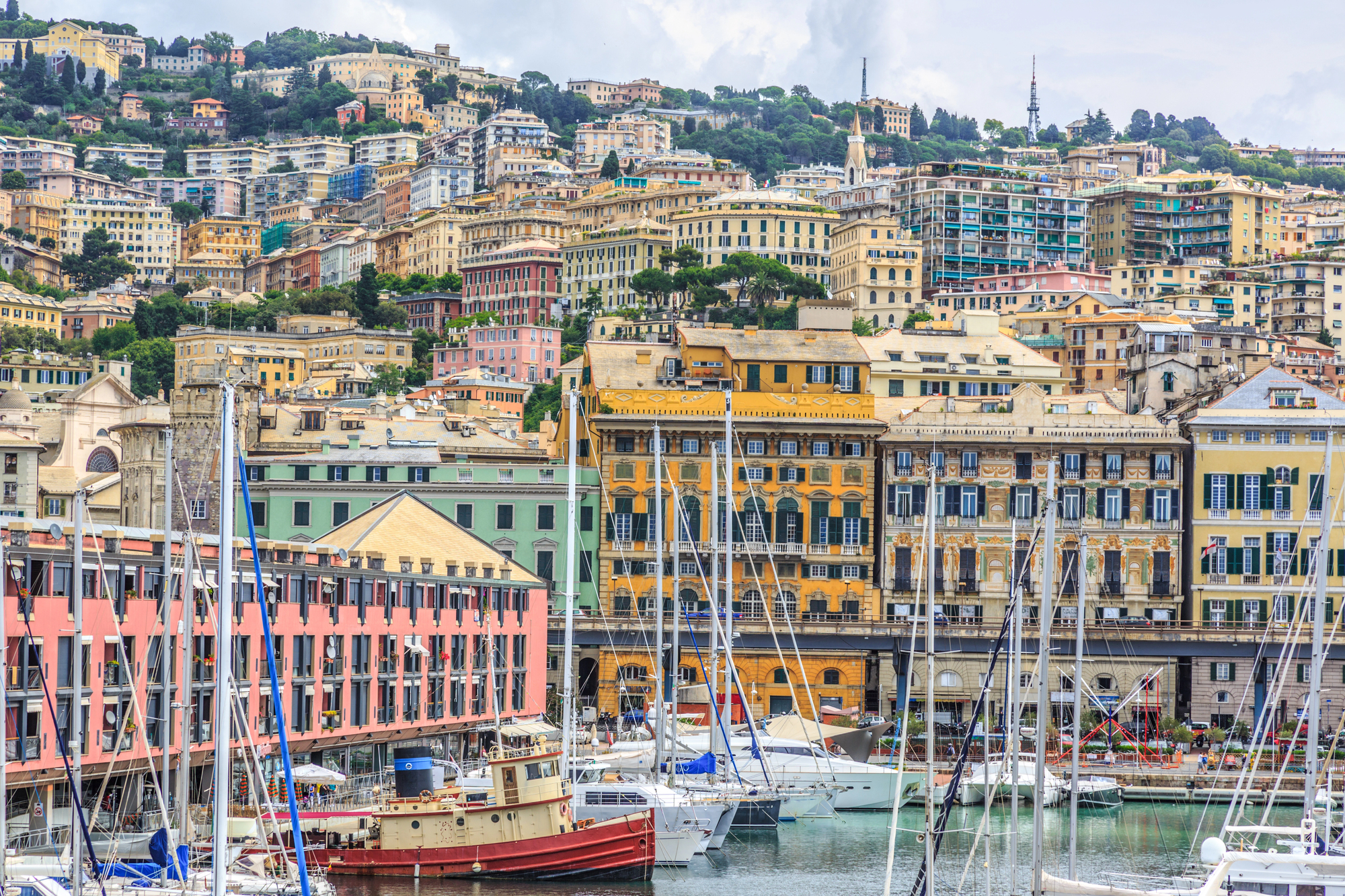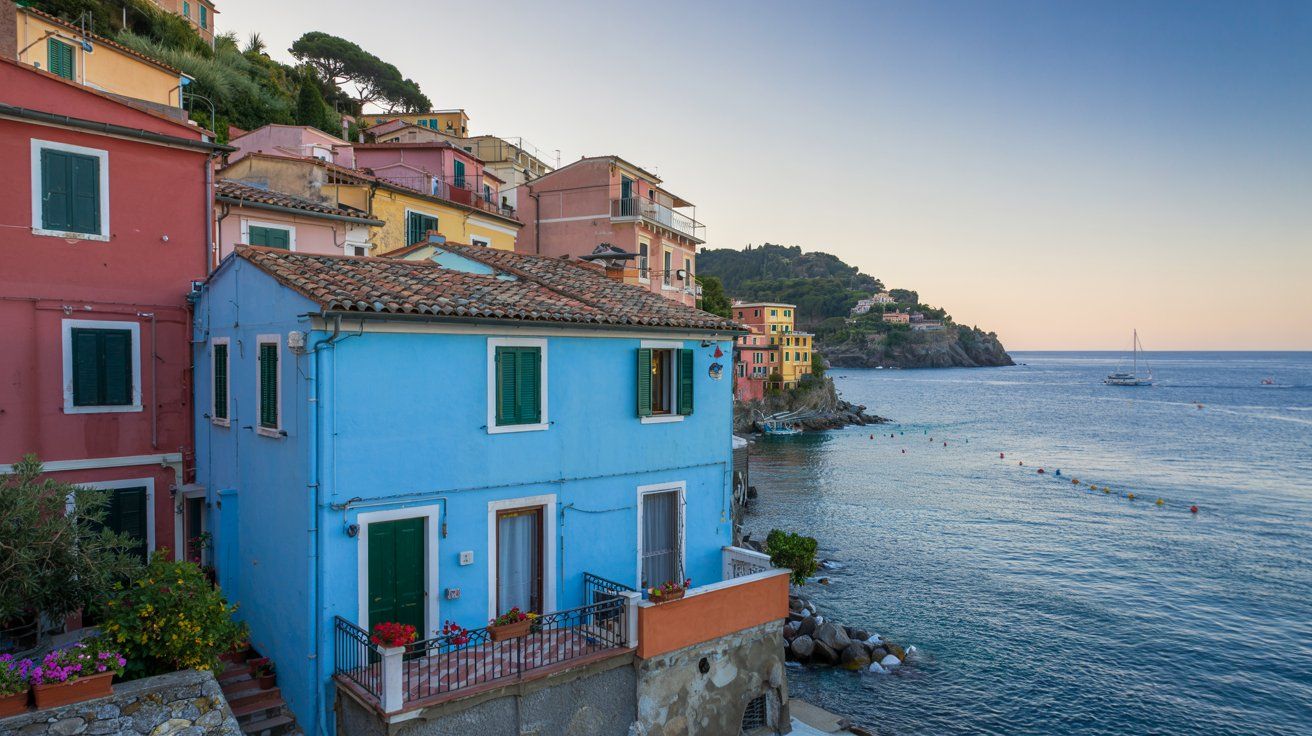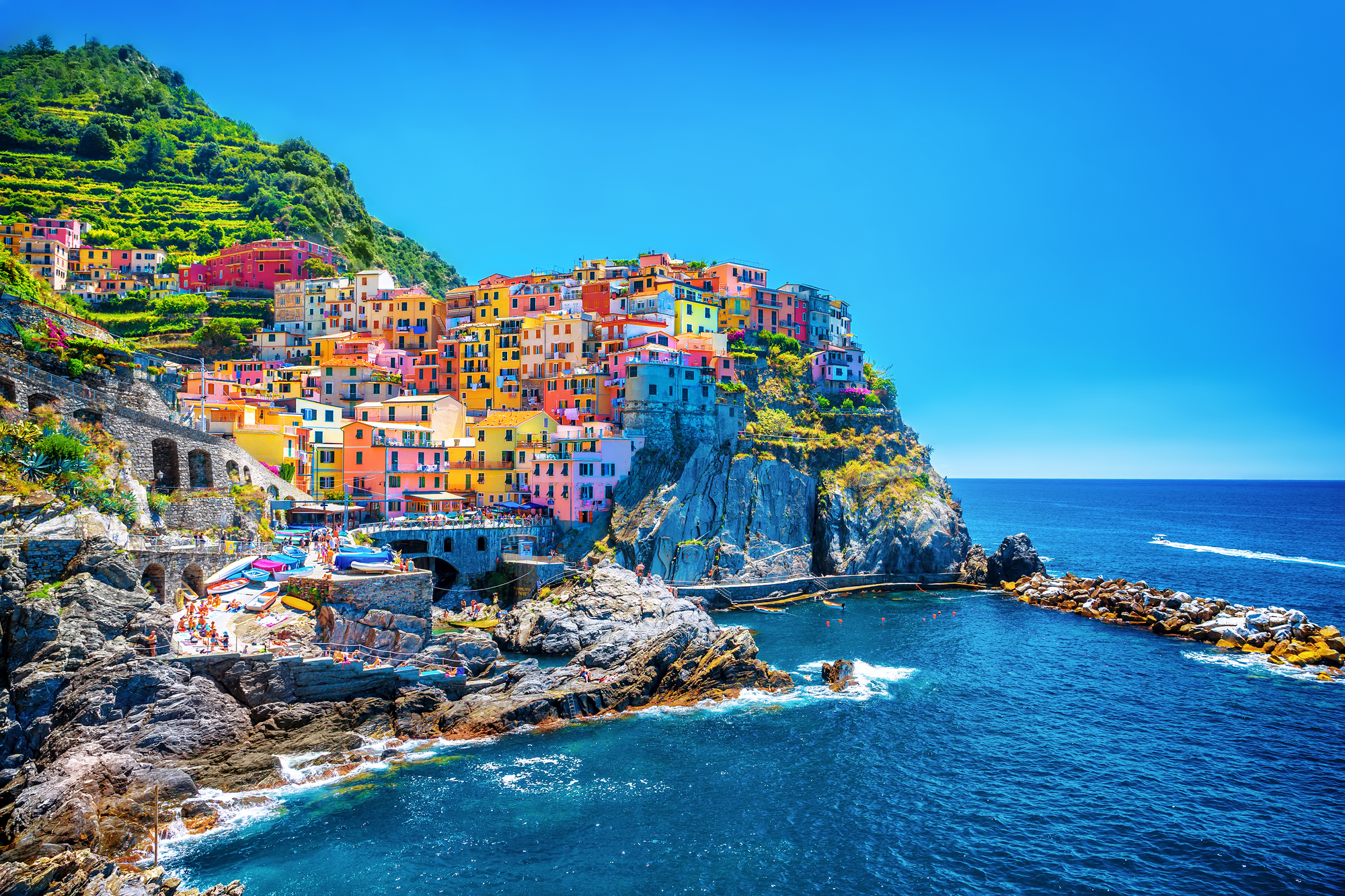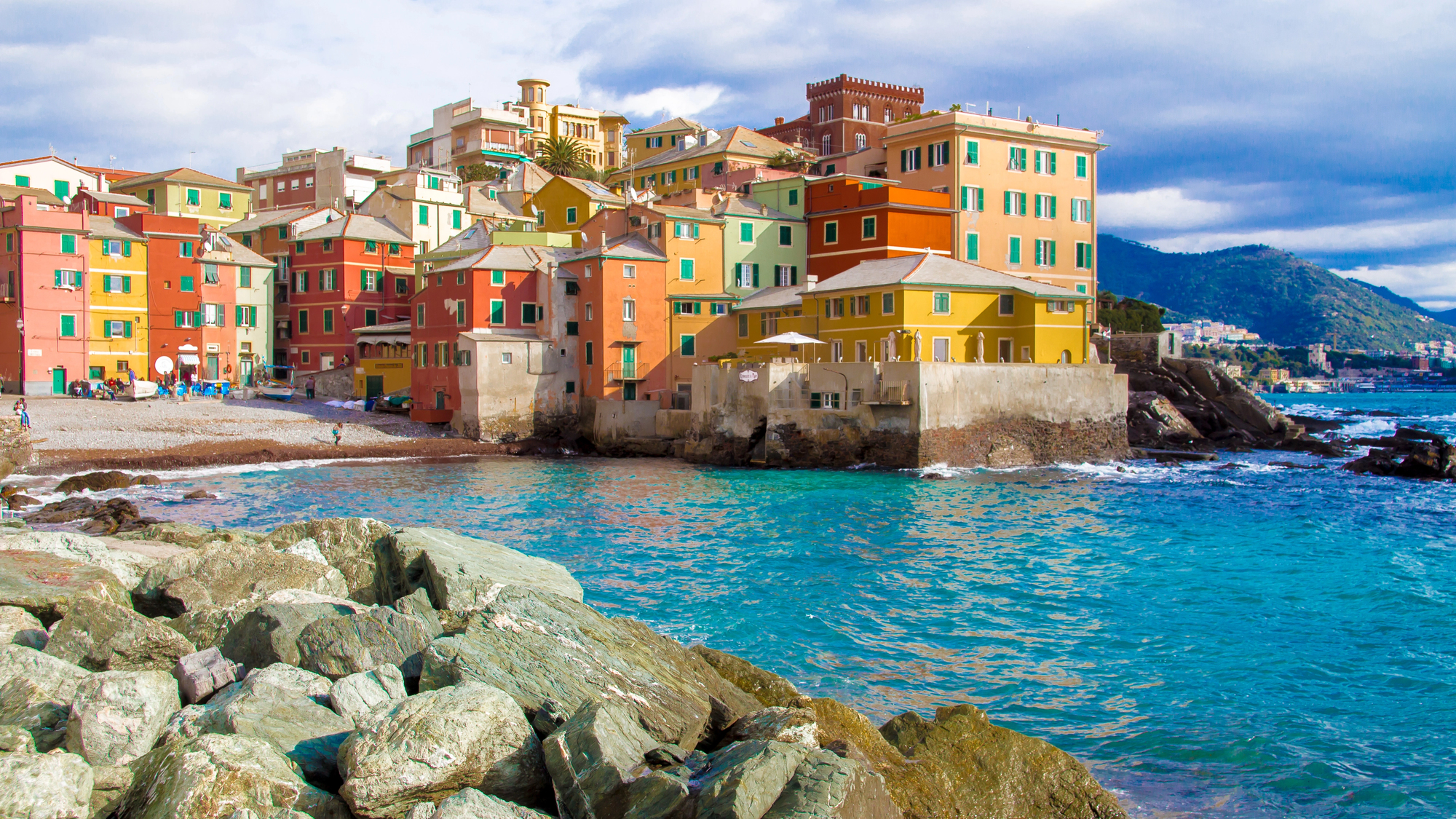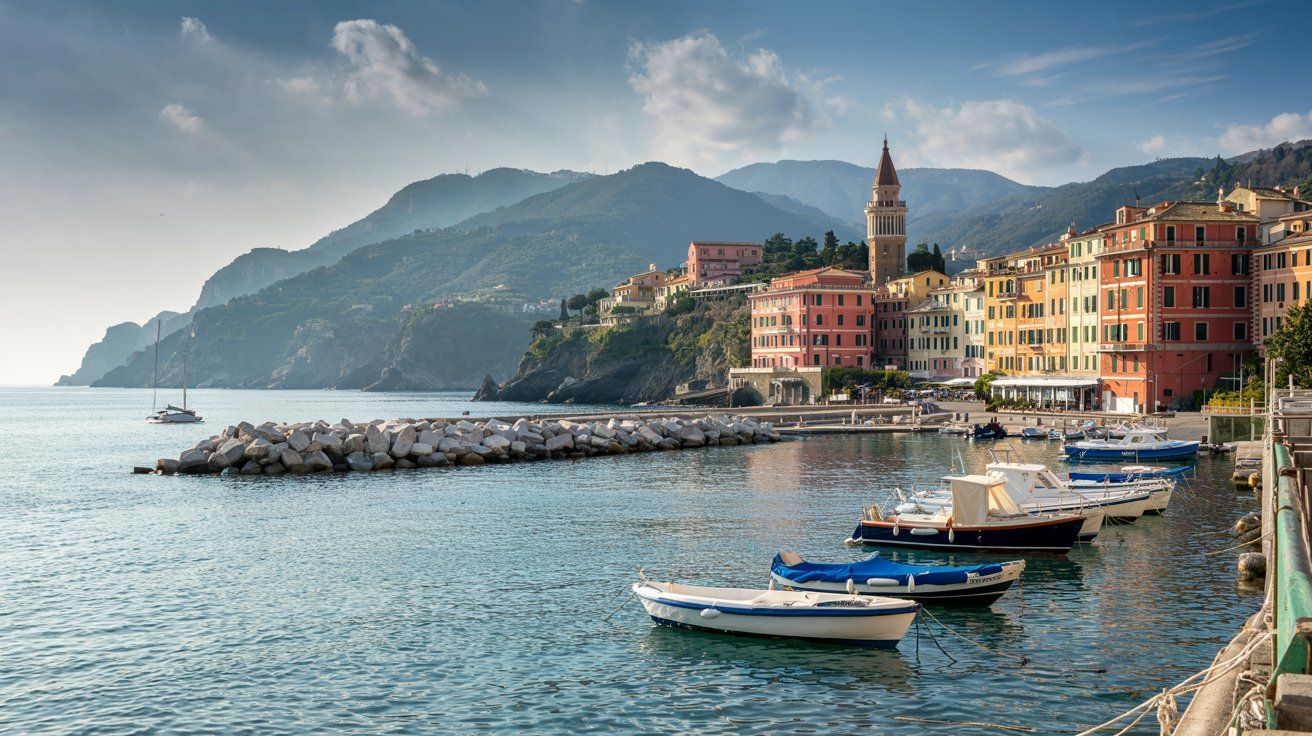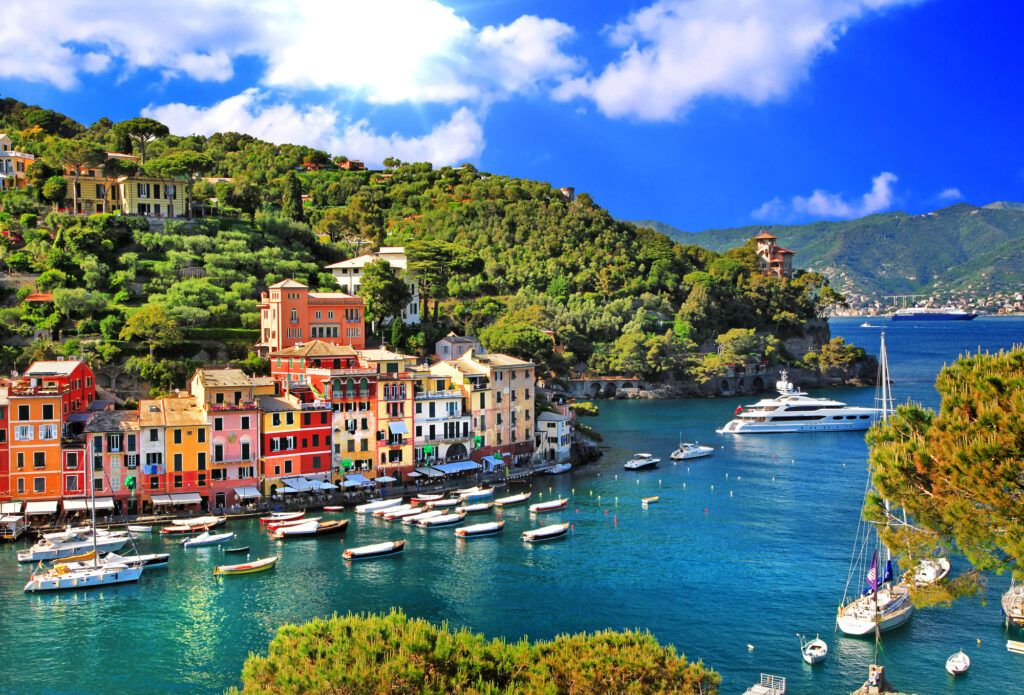In the heart of Europe, a legal battle is brewing over the health of the seas—particularly in Italy, Germany, and France. At the center of this dispute is a controversial fishing method known as deep-sea bottom trawling.
Five prominent environmental organizations, including the Environmental Justice Foundation and ClientEarth, have filed a complaint with the European Commission. They accuse these countries of neglecting their duty to protect fragile marine ecosystems within their protected marine areas.
Find available hotels and vacation homes instantly. No fees, best rates guaranteed!
Check Availability Now
With Italy’s stunning coastline, including the famed Italian Riviera, playing a key role in this narrative, the debate raises questions about how sustainable practices can coexist with vital industries like fishing.
What Is Bottom Trawling and Why Is It Controversial?
Bottom trawling involves dragging heavy fishing nets across the seabed to catch deep-sea species. This practice disrupts marine ecosystems, severely impacting vulnerable habitats like reefs, seagrass beds, and sandbanks.
In their complaint, the environmental groups argue that bottom trawling persists in areas meant to offer sanctuary to biodiversity. They claim this violates EU laws crafted to preserve these ecosystems.
The Extent of the Problem in Europe
The claim is damning: bottom trawling affects 77% of France’s marine Natura 2000 sites, 85% of Germany’s, and 44% of Italy’s. Natura 2000 areas are part of a network designed to ensure Europe’s most valuable and threatened species and habitats are preserved.
Yet, in some of these zones, industrial-scale fishing operations continue unchecked, damaging environments they are legally obligated to protect. For example, seagrass beds, crucial in sequestering carbon dioxide and serving as nurseries for marine species, are some of the hardest-hit ecosystems.
Reefs and sandbanks, critical to marine biodiversity and water filtration systems, are also being devastated. The complaint specifies 15 such sites across Europe where urgent action is required.
Legal Action and International Pressure
The environmental organizations behind the complaint are pushing for accountability. National-level lawsuits have already been initiated in France and Germany, echoing earlier legal efforts seen in the Netherlands and Spain.
Should the European Commission accept their complaint, infringement proceedings against Italy, France, and Germany could follow.
Elegant resorts, charming apartments, and vacation rentals with immediate confirmation. From Portofino to Cinque Terre, discover the most beautiful coastal towns of Liguria!
See Available Properties
The Broader Implications for Marine Protection
The EU has pledged to end bottom trawling in protected marine areas by 2030, as part of broader efforts to conserve 30% of marine environments. However, the fishing industry argues that blanket bans on bottom fishing could jeopardize Europe’s food security.
Europeche, the group representing EU fisheries, instead advocates for site-specific studies to determine appropriate restrictions.
What This Means for the Italian Riviera
To understand the implications for Italy, one need look no further than the Italian Riviera—a sparkling coastline along the Ligurian Sea, celebrated for its turquoise waters, charming villages, and maritime traditions.
The Riviera—home to iconic towns like Portofino, Cinque Terre (Monterosso al Mare, Vernazza, Corniglia, Manarola, and Riomaggiore), Santa Margherita Ligure, and Levanto—relies heavily on its coastal health for tourism and local fishing economies.
The damage caused by industrial fishing methods such as bottom trawling threatens these towns’ livelihoods and the delicate marine ecosystems integral to their identity.
The Need for Sustainable Practices
Take Cinque Terre, for example, where seagrass meadows underpin the clear waters and biodiversity that draw millions of visitors annually. Similarly, Portofino’s protected marine area is a haven for snorkelers and divers, showcasing the importance of preserving these ecological treasures—not only for environmental reasons but also as an economic imperative.
Easy booking across stunning accommodations from historic hotels to modern retreats. Pastel-colored buildings and crystal waters create the perfect Mediterranean escape!
Secure Your Italian Getaway
Elsewhere, Santa Margherita Ligure features a mix of fishing traditions and luxury tourism, blending old and new. Maintaining this balance depends on keeping the Ligurian Sea vibrant and alive.
Levanto, beloved among surfers, also benefits from sustainable marine management.
Looking Forward: Striking a Balance
As Italy grapples with its role in the European complaint and potential restrictions, the conversation around sustainable fishing has never been more urgent.
Beyond just meeting international obligations, preserving the Ligurian Sea is vital for the future of the Italian Riviera’s communities and their economies.
By enforcing stricter regulations and adopting sustainable practices, Italy can position itself as a leader in marine conservation.
A balance between ecological stewardship and economic interests is essential to protect jewels like Portofino, Vernazza, and Santa Margherita for generations to come.
Here is the source article for this story: France, Germany and Italy failing to stop destructive fishing: NGOs
From seaside palazzos to hillside villas, find your perfect stay along this stunning stretch of Mediterranean coastline. Instant booking with best price guarantee!
Browse Accommodations Now

